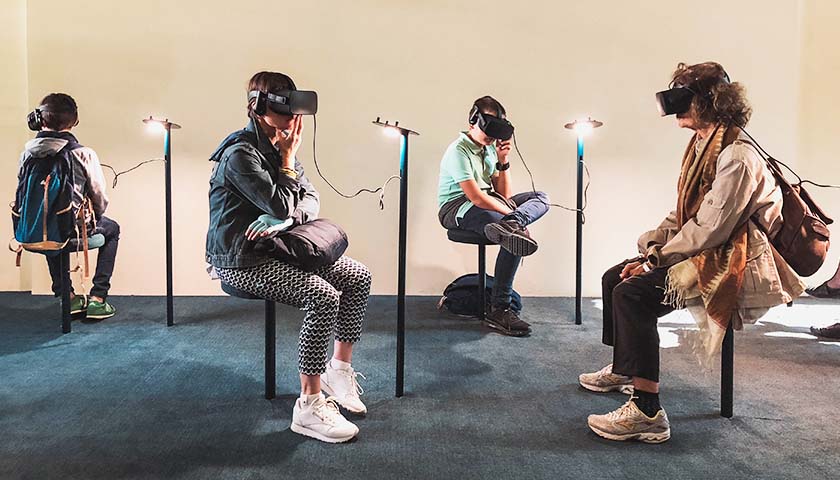The tandem rise of autonomous driving and virtual reality has the potential to revolutionize modern life. At the same time, however, the technologies could introduce an epidemic of motion sickness.
This disconcerting prospect inspired Behrang Keshavarz, an Assistant Professor of Psychology at Ryerson University in Canada, and John Golding, a Professor of Psychology at the University of Westminster in the U.K., to review currently available research and, in an article recently published to the journal Current Opinion in Neurology, summarize why motion sickness occurs, who is susceptible, and what can be done about it.
Read More
